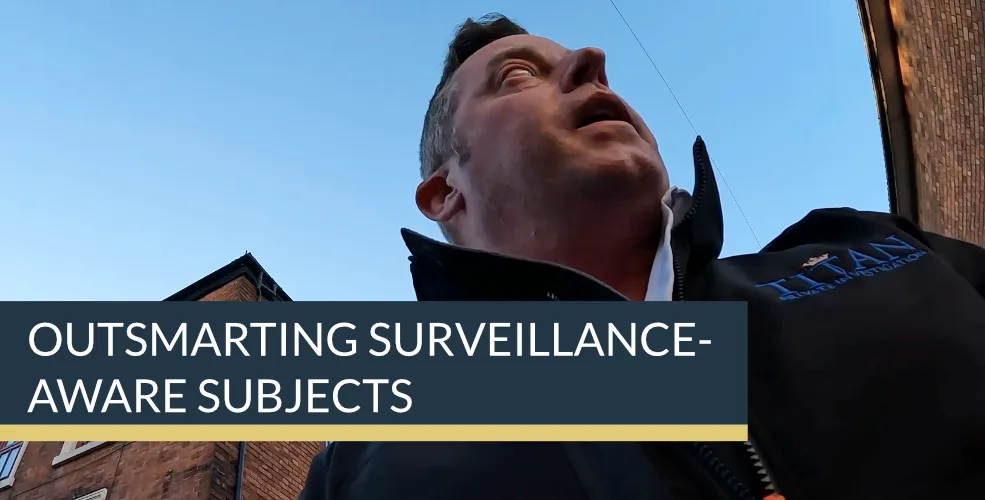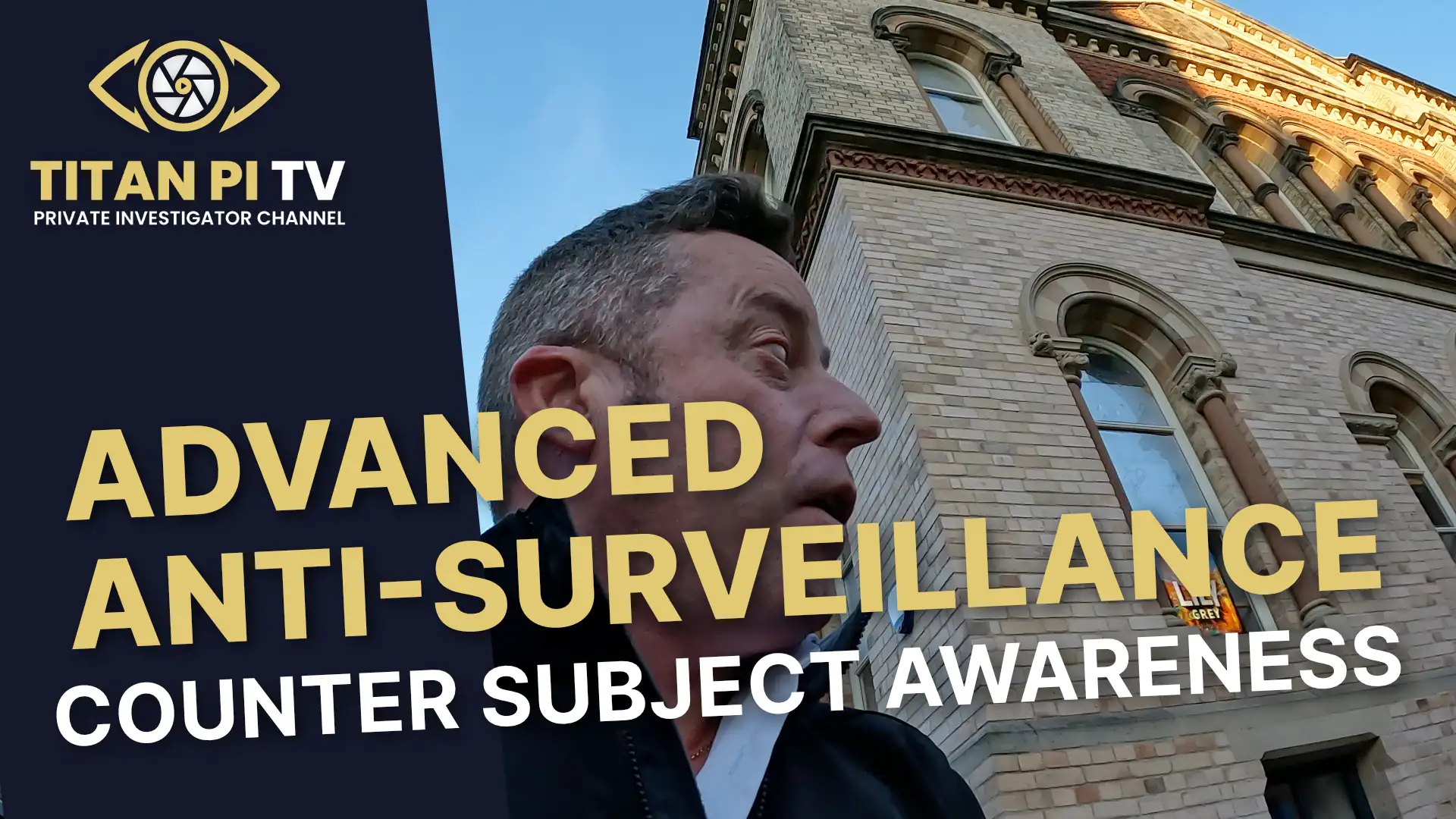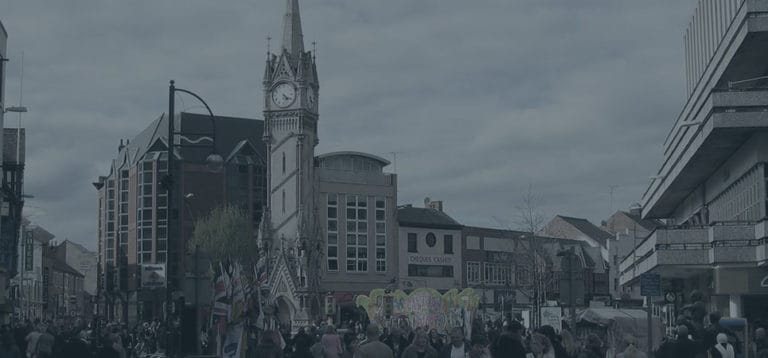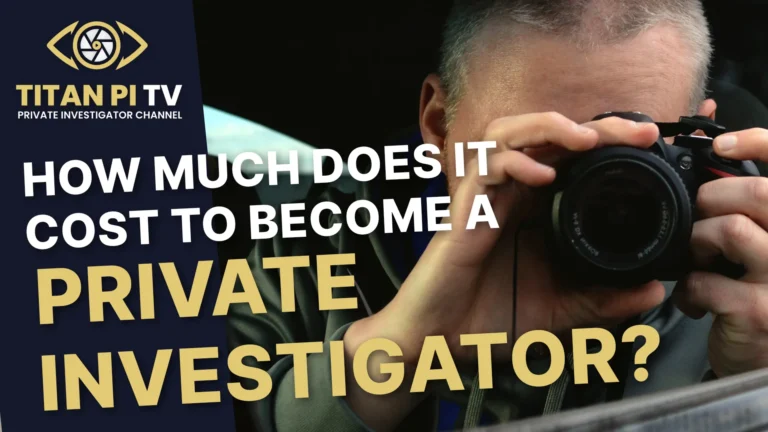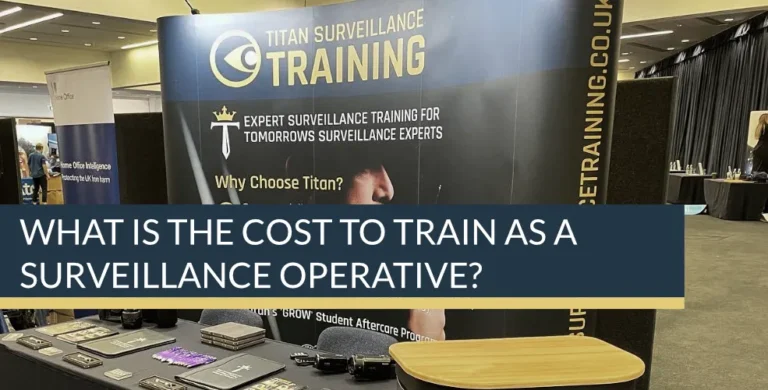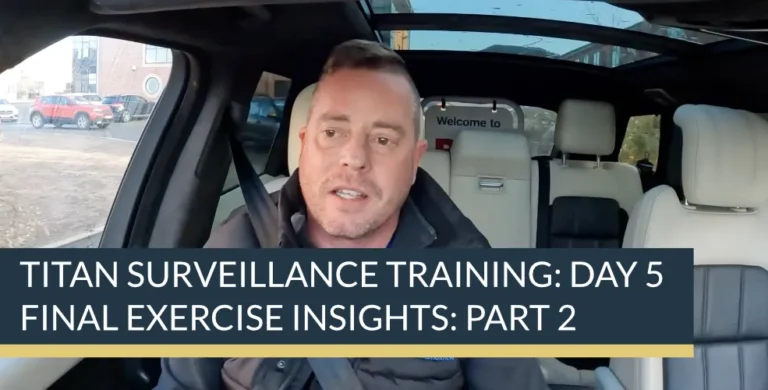Outsmarting Surveillance-Aware Subjects
Utilising advanced surveillance methods and techniques
Surveillance is a critical tool in the arsenal of private investigators, but it becomes significantly more challenging when the subject is aware of being watched. In an age where counter-surveillance techniques are increasingly common, private investigators must refine their strategies to stay one step ahead. This guide delves into advanced methods for conducting effective surveillance on surveillance-aware subjects, ensuring that your operations remain covert, efficient, and successful.
Pre-Surveillance Intelligence Gathering
The Importance of Intel
Before initiating any surveillance operation, comprehensive intelligence gathering is paramount. Understanding your subject’s habits, routines, and experiences with surveillance can significantly shape your approach. Key areas to focus on include:
- Typical locations: Where does the subject frequently go?
- Social interactions: Who do they meet, and when?
- Transportation habits: Do they drive, use public transport, or walk?
This foundational knowledge allows you to anticipate the subject’s movements and plan your surveillance accordingly.
Identifying Potential Threats
Assessing the subject’s level of awareness is crucial. Individuals with training in counter-surveillance or those who have previously been under observation are likely to be more vigilant. To gauge this, consider:
- Social media checks: Are they posting about being followed or taking unusual precautions?
- Background investigations: Do they have a history of evading surveillance?
- Consulting with acquaintances: Are there individuals who can provide insights into the subject’s behaviour?
Understanding these factors helps you tailor your approach to minimise the risk of detection.
Mapping the Subject’s Environment
A thorough understanding of the subject’s environment is essential. Mapping their usual routes and frequent locations can provide valuable insights and alternative strategies. Key considerations include:
- Public transport options: Are there bus stops, train stations, or taxi ranks nearby?
- Common stops or hangouts: Where do they frequently visit, such as cafés, gyms, or offices?
- Potential hiding spots: Are there areas where operatives can blend in or remain concealed?
This preparation ensures that your team is well-equipped to adapt to the subject’s movements.
Optimising Surveillance Team Composition and Deployment
Team Size and Roles
Effective surveillance operations require a well-coordinated team. For surveillance-aware subjects, a larger team may be necessary to maintain coverage without being detected. Key roles include:
- Lead operative: Coordinates the operation and makes strategic decisions.
- Follow operative: Maintains visual contact with the subject.
- Support operative: Monitors the surroundings for potential threats or counter-surveillance measures.
Having clearly defined roles ensures that each team member knows their responsibilities, reducing the risk of errors.
Strategic Positioning and Cover
Blending into the environment is critical to avoiding detection. Operatives should use natural cover, such as buildings, trees, or crowds, to remain inconspicuous. Additionally, carrying props like newspapers, shopping bags, or coffee cups can help operatives appear as ordinary bystanders.
Maintaining a Safe Distance
One of the most common mistakes in surveillance is getting too close to the subject. The human field of vision spans approximately 65 degrees, making it easy for a vigilant subject to spot someone tailing them. Maintaining a safe distance reduces the risk of detection while still allowing operatives to keep the subject in view.
Adapting Surveillance Tactics for Enhanced Awareness
Utilising Props and Disguises
Props and disguises can be invaluable tools for maintaining anonymity. Operatives should carry a bag with alternate clothing to change their appearance quickly if needed. However, it’s important to remember that footwear can often give away identity, so avoid changing shoes during an operation.
Limiting Close Control and Entry
Entering premises that the subject visits can increase the risk of detection. Instead, operatives should remain outside, monitoring the situation from a distance. For example, if the subject enters a café, the team can position themselves at nearby vantage points to observe their movements without drawing attention.
Implementing Wider Plots and Strategic Stops
When a subject moves into a building, widening the surveillance area can help maintain visual contact without risking exposure. Positioning operatives further away allows for greater flexibility and adaptability, ensuring that the subject remains under observation even if they change direction or mode of transport.
Advanced Surveillance Techniques and Countermeasures
Parallel and Alternate Routes
Using parallel and alternate routes is an effective way to track a subject without directly following them. This technique reduces the risk of detection while still allowing operatives to anticipate the subject’s movements. Clear communication within the team is essential to ensure coordination and avoid gaps in coverage.
Leap-Frogging Operatives
The leap-frog technique involves operatives taking turns staying close to the subject while others reposition themselves ahead or behind. This method minimises exposure while ensuring continuous surveillance. For example, one operative might follow the subject on foot while another waits in a vehicle further along the route.
Technological Enhancements
Technology can significantly enhance surveillance efforts. Tools such as cameras, tracking devices, and drones provide critical insights and reduce the need for close physical proximity. However, it’s essential to consider the legal and ethical implications of using such technology, ensuring compliance with relevant regulations.
Post-Surveillance Analysis and Debriefing
Reviewing Surveillance Footage
After each operation, reviewing collected footage and notes is crucial. Analysing what worked well and identifying areas for improvement helps refine future strategies. Efficient review techniques, such as timestamping key events and cross-referencing observations, provide valuable insights into the subject’s behaviour.
Team Debriefing and Feedback
Holding debriefing sessions allows team members to share their experiences and provide feedback. Open discussions help identify strengths and weaknesses in the operation, fostering a culture of continuous improvement.
Adapting Strategies Based on Results
Each surveillance operation provides valuable lessons that can shape future tactics. Adapting your approach based on past experiences ensures that your team remains agile and effective in the face of evolving challenges.
Conclusion
Conducting surveillance on aware subjects requires a combination of thorough planning, teamwork, and adaptability. By leveraging advanced techniques and maintaining a commitment to ethical practices, private investigators can outsmart even the most vigilant individuals. At Titan Private Investigation Ltd, we pride ourselves on staying at the forefront of surveillance innovation, ensuring that our clients receive the highest standard of service. Whether you’re a seasoned operative or new to the field, there’s always room to learn and improve. Stay informed, stay vigilant, and remember: the key to successful surveillance lies in preparation and precision.
For more insights and expert advice, contact Titan Private Investigation Ltd today. Together, we can navigate the complexities of surveillance and achieve the results you need.
Require more information about surveillance training services?
For further advice and information about how Titan Private Investigation Ltd can help you start a new career as a professional surveillance operative, please speak to one of our surveillance training team at one of the offices nearest to you.
London Surveillance Operative Training – Call the Titan Investigations London Office 020 39046622
Birmingham Surveillance Operative Training – Call the Titan Investigations Birmingham Office 0121 7162442
Cambridge Surveillance Operative Training – Call the Titan Investigations Cambridge Office 01223 662022
Derby Surveillance Operative Training – Call the Titan Investigations Derby (Head Office) 01332 504256
Leeds Surveillance Operative Training – Call the Titan Investigations Leeds Office 0113 4574066
Leicester Surveillance Operative Training – Call the Titan Investigations Leicester Office 0116 2436520
Nottingham Surveillance Operative Training – Call the Titan Investigations Nottingham Office 0115 9646950
Manchester Surveillance Operative Training – Call the Titan Investigations Office 0161 3023008
Sheffield Surveillance Operative Training – Call the Titan Investigations Sheffield Office 0114 3499400
Truro Surveillance Operative Training – Call the Titan Investigations Truro Office 01872 888706
Alternatively, you can contact us directly using our fully confidential contact form at enquiries@titaninvestigations.co.uk or chat directly using our Live Chat facility, and one of our surveillance operative training team will get right back to you.

